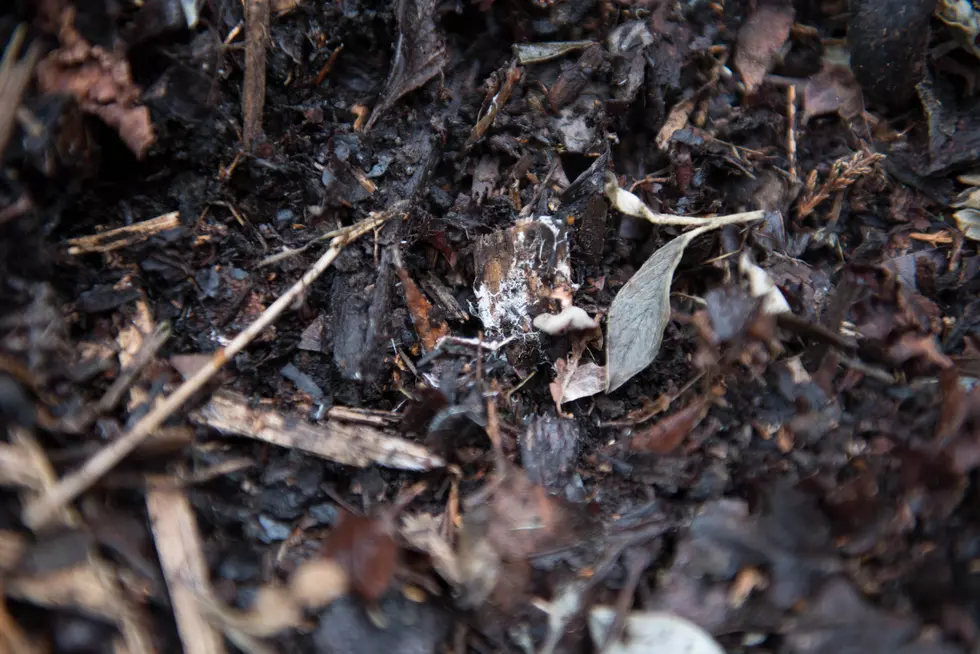
New York Senate Passes Bill Allowing for Human Composting
Want to go green after death? New York is one step closer to offering its residents more affordable and more sustainable options for their final resting place.
According to Talk Death, the environmental impact of funerals and cremations is astounding. Approximately 1.4 million acres of land in the United States alone is currently used for cemeteries. The bodies buried in those 1.4 million acres of land use roughly four million gallons of embalming fluid, which just so happens to be made from carcinogenic chemicals, each and every year.
Each year, an additional 1, 600 acres of land are needed to bury the dead and if you think cremation is a more environmentally friendly option, think again. According to National Geographic, 534.5 pounds of carbon dioxide is pumped into the atmosphere with every single cremation. But wait- there’s more – in addition to the expulsion of carbon dioxide, other organic pollutants are also sent out including Mercury, Sulfur Dioxide, Nitrogen Oxides, and more.
Cremations in the United States contribute 360,000 tons of carbon dioxide each year which is substantial considering that an average vehicle would not produce that much unless it traveled to the sun and back five times, per the EPA.
On Wednesday, June 1, the New York Assembly passed bill S.5535/A.382 and on Friday, June 3, the New York Senate passed the bill. If signed by Governor Kathy Hochul, the measure would take effect in 90 days.
What is bill S.5535/A.382? Under this bill, human composting would be allowed in the state of New York. The passing of this bill would allow facilities to use organic reduction which would accelerate he process of decomposition in an above-ground container which would essentially transform the remains into soil.
According to wording in the bill, this method of human composting is not only environmentally sustainable, but it is also cost-effective, costing substantially less than cremation or burial. However, not everyone is onboard with allowing human composting including the New York State Catholic Conference which has been vocal in its belief that human bodies need to be treated with dignity.
18 Jobs a Person Under 18 Is Forbidden From Doing in New York State
These Seven College Students Vanished In New York State
These 12 Vulnerable Adults Are Missing From Upstate New York
More From 99.1 The Whale




![Will You End Up In One Of These Southern Tier Cemeteries When You Die? [GALLERY]](http://townsquare.media/site/497/files/2021/11/attachment-robert-eklund-Ngdqn_9Rwc0-unsplash.jpg?w=980&q=75)
![Don’t Just Toss Out Your Dryer Lint, Do This Instead [GALLERY]](http://townsquare.media/site/498/files/2021/03/4632pre_9589b184c553ac4.jpg?w=980&q=75)



